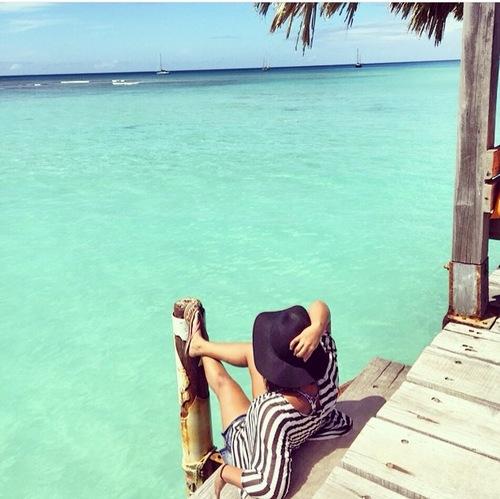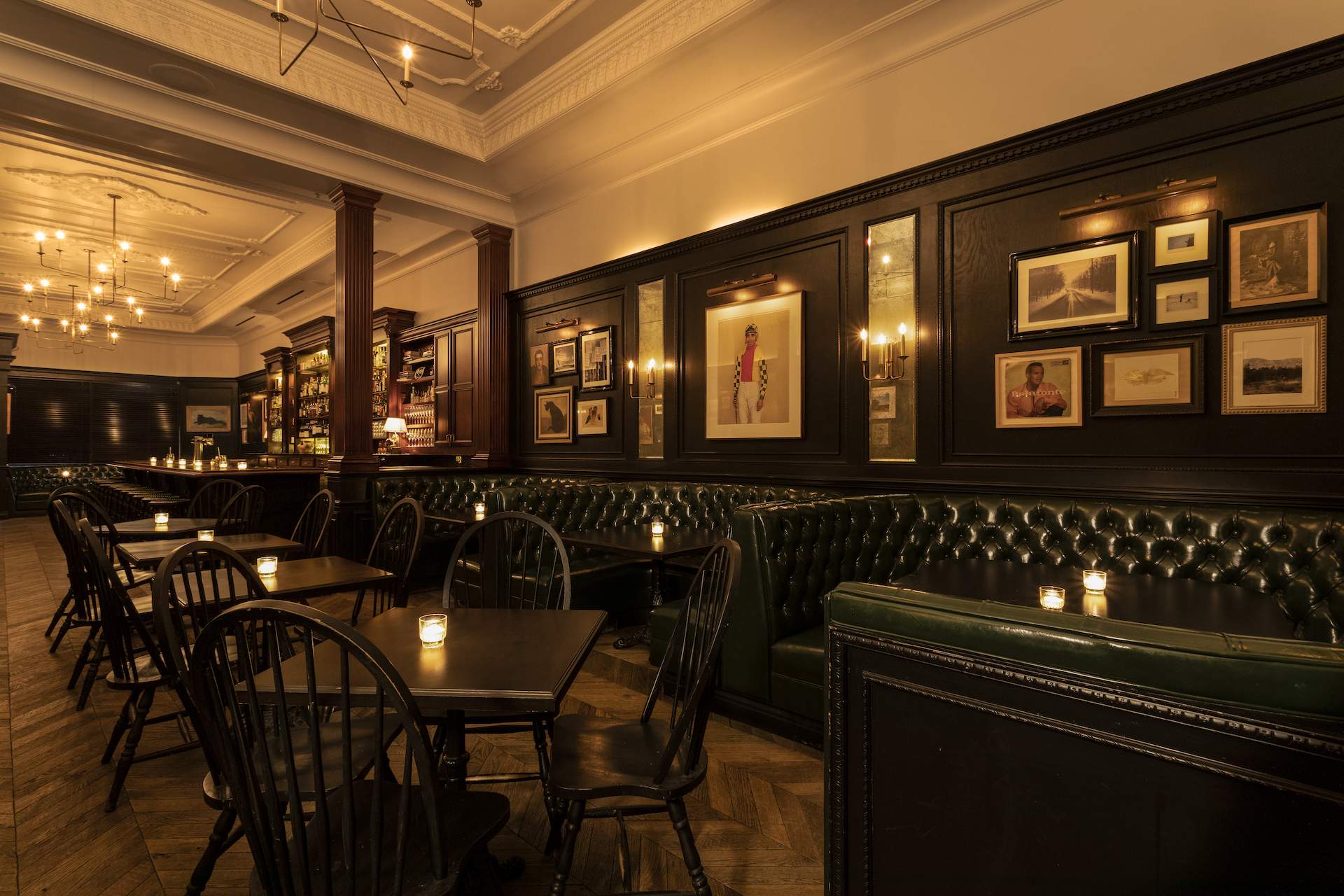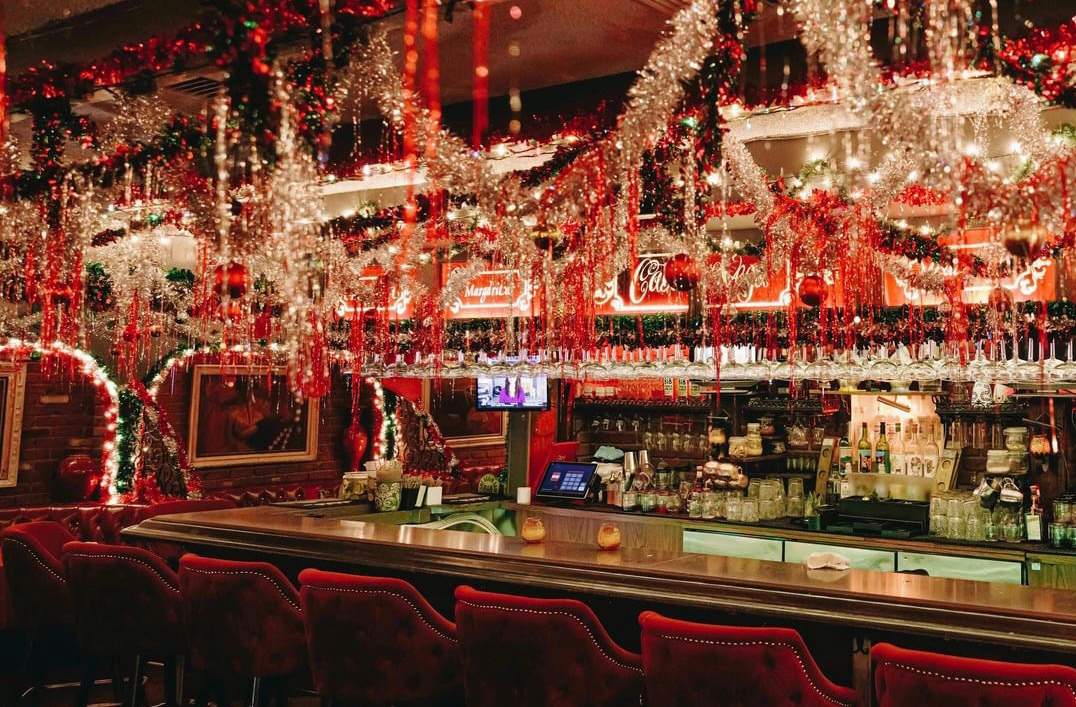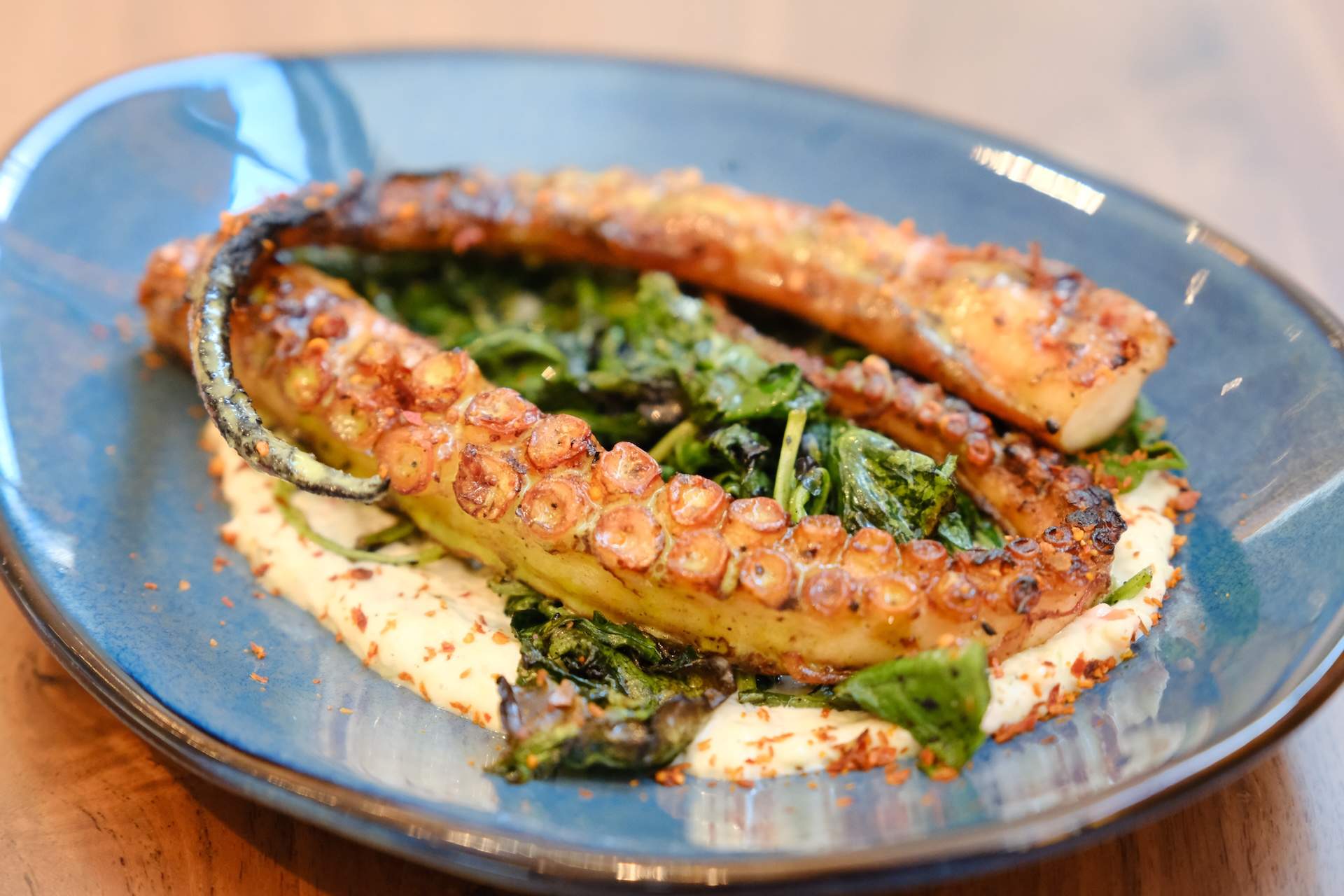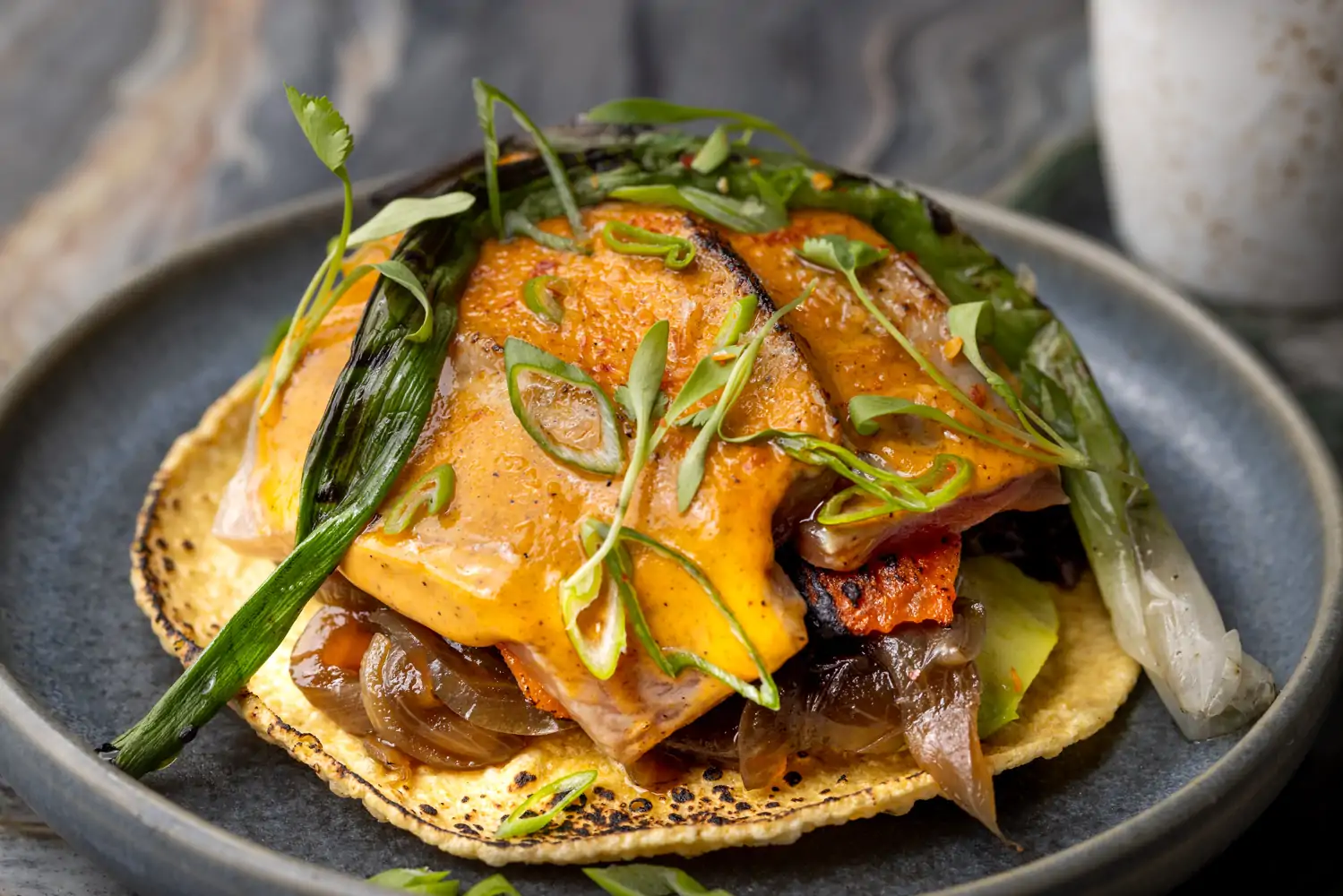On a warm day on Sunset Boulevard in Silverlake, diners gather on the spacious patio at The Black Cat for cocktails and comfort food like a burger with raclette and a pork ragu pasta. From the outside, the restaurant isn’t all that different from the establishments that dot this busy stretch: There’s a laid back vibe and diverse group of diners. But The Black Cat is incomparable; the modern gastropub has been pivotal to the LGBTQ rights movement starting with a single night in 1967.
At that time, homosexuality was considered a mental illness in the United States, so the bar served as a safe haven for the gay community. During the New Year’s Eve celebration that year, police officers disguised in plain clothes beat and arrested 14 patrons at The Black Cat; some were arrested on charges of lewd conduct for simply kissing. Six weeks later, in protest of the incident, the political organisation PRIDE (Personal Rights in Defense and Education) and the SCCRH (Southern California Council on Religion and Homophile) organized a demonstration of about 200 people outside the restaurant.
Many are familiar with the importance of the 1969 Stonewall riots in the LGBTQ rights movement in the U.S., but the demonstration at The Black Cat was one of the first organized LGBTQ protests against the police. The restaurant was designated a Historic-Cultural Monument by Los Angeles in 2008.
The Black Cat was owned by a series of operators between 1967 and 2011 and went by different names during that period. The current owners Lindsay Kennedy, Charlie Conrad, and Dean Malouf took over the space in 2012 with a pledge to restore its place in history.
“When we opened, we were determined to take steps to honor the legacy of the events that transpired here many years ago,” Kennedy says, “events that fundamentally shaped the advancement of civil rights for lesbian, gay, bisexual, transgender, and queer-identified people in this country.”
To spotlight the bar’s history, Kennedy and his partners went back to calling it The Black Cat and restored the structure to the way it was in 1967. They also consulted Alexei Romanoff, one of the last remaining survivors of the 1967 protests. “He told us that it’s important for gay people to be able stand in the building where the fight for their civil liberties began, to be able to touch their history,” Kennedy says.
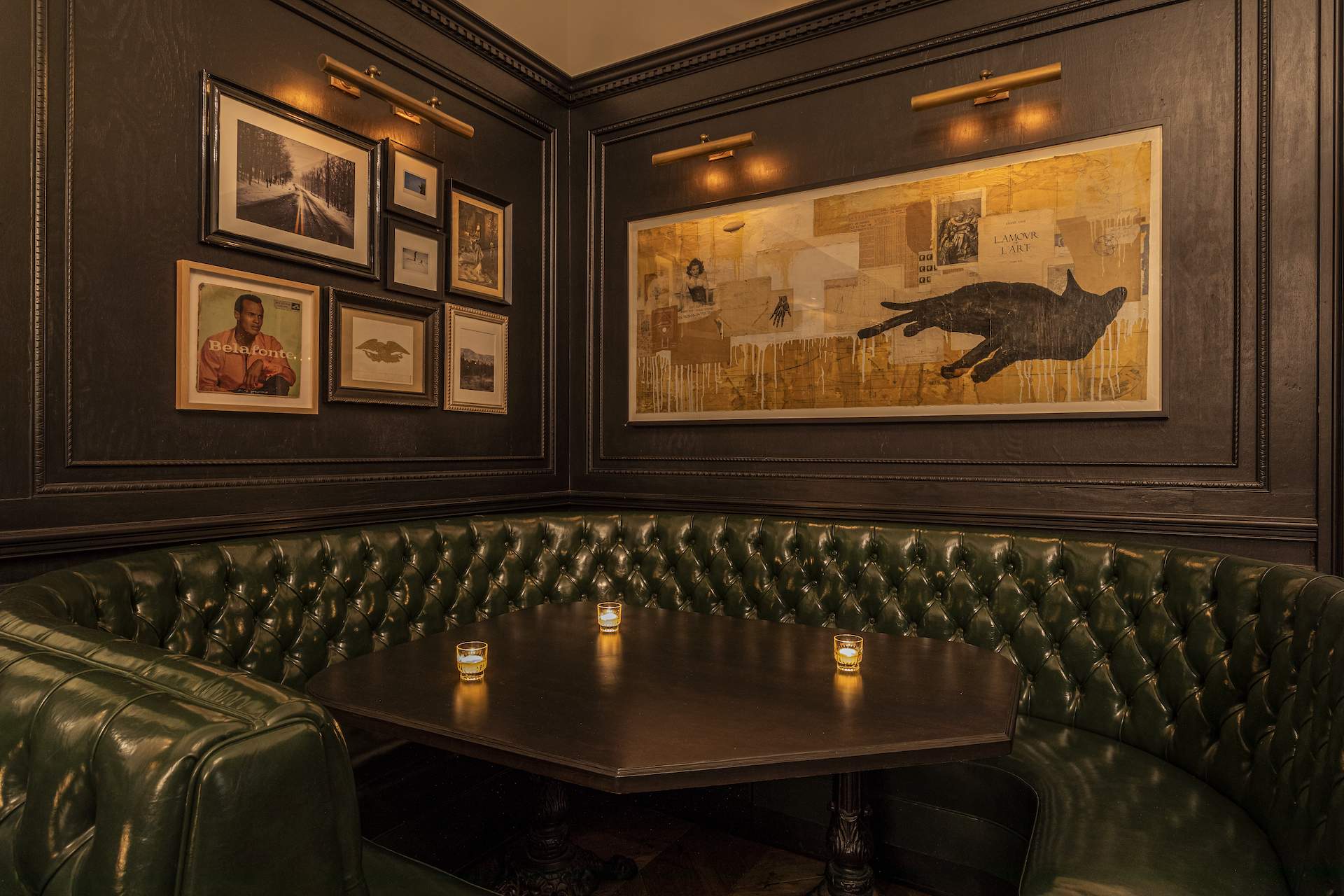
Today, the tavern is a neighborhood gathering spot for alfresco dining in the back parking lot or sipping cocktails under the dimmed lights at the bar. Inside, diners can relax in green leather booths in the art deco space. Five photos of the 1967 protest, the only known images of the demonstration, hang on the restaurant’s walls.
The menu is largely unchanged. Dishes such as a beer-battered blue hake fish sandwich with a radicchio slaw and dill tartar sauce remain on the menu, as do the steamed mussels floating in a garlic, chorizo, and tomato sauce. Cocktails include the grasper negroni, made with mezcal, amaro, and white vermouth, among other ingredients. There’s also a wine list with a focus on Spanish, French and German varietals.
“We’ve been a neighborhood restaurant and bar for almost 10 years. We have a really strong local clientele, but we also have new guests all the time visiting, some because of the history, some because they want to check out the neighborhood,” Kennedy says.
Over the years, The Black Cat has maintained its position as a community stronghold, including in 2012, when more than 1,000 people gathered to reenact and commemorate the demonstrations of 1967. Kennedy says the bar will recognize the day once every ten years. The current owners have also partnered annually with the LGBTQ Center in Hollywood on its annual food festival fundraiser. Most recently, The Black Cat hosted a screening of the film L.A.: A Queer History and a discussion with its director, Gregoria Davila.
“The Black Cat is the place where people come for comfort and old-fashioned hospitality,” Kennedy says. “They come to us because everyone here is treated with respect and care all the time, every day of the year.”
Kristin Braswell is a journalist and founder of CrushGlobal Travel, a company that customizes travel guides and authentic experiences around the world.
